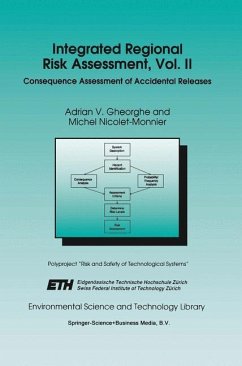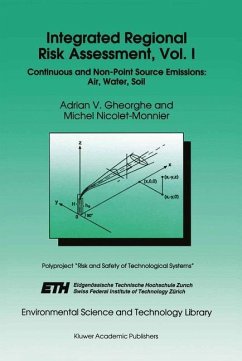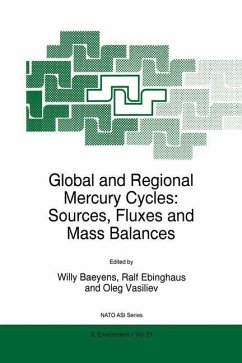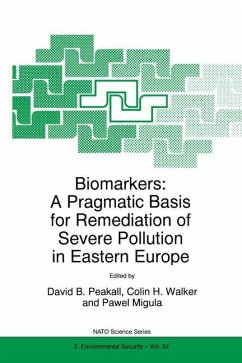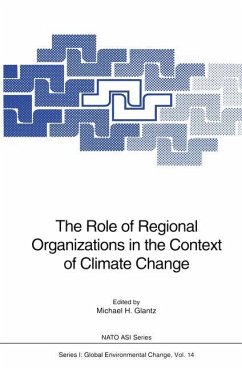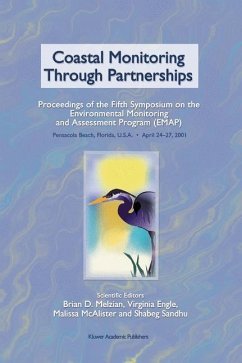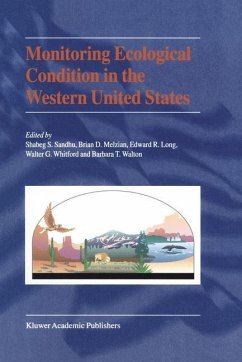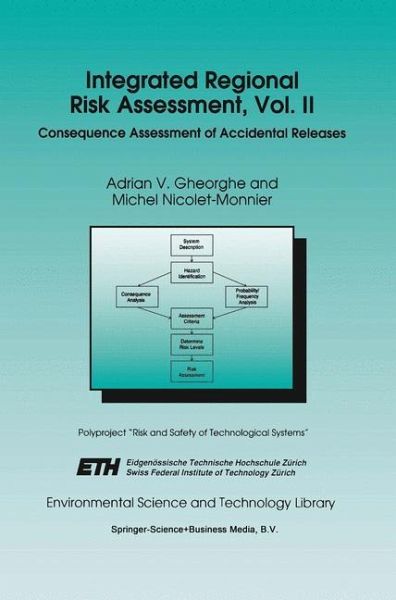
Integrated Regional Risk Assessment, Vol. II
Consequence Assessment of Accidental Releases

PAYBACK Punkte
58 °P sammeln!
Over recent years there has been an increasing awareness of the risks of locating hazardous industries near heavily populated, environmentally sensitive areas. This new awareness demands a novel approach to safety planning for hazardous industries; one that looks at the problem from the point of view of integrated regional risk assessment which, besides the risks arising from natural events, should also include the risks arising from the processing plants, storage and the transportation of dangerous goods. Volume I of Integrated Regional Risk Assessment highlights the main procedures for the ...
Over recent years there has been an increasing awareness of the risks of locating hazardous industries near heavily populated, environmentally sensitive areas. This new awareness demands a novel approach to safety planning for hazardous industries; one that looks at the problem from the point of view of integrated regional risk assessment which, besides the risks arising from natural events, should also include the risks arising from the processing plants, storage and the transportation of dangerous goods.
Volume I of Integrated Regional Risk Assessment highlights the main procedures for the assessment of risks to health and environmental impacts from continuous emissions of pollutants into air, water and soil under normal operating conditions.
Volume II deals with the assessment of consequences of accidental releases, helping to answer such questions as: What can go wrong? What are the effects and consequences? How often will it happen? £/LIST£ The main procedural steps are supported by relevant, internationally recognised methods of risk assessment. The book also reviews criteria and guidelines for the implementation of risk assessment and management at different stages.
Audience: Students, engineers, and scientists in charge of developing new methodologies for hazard analysis and risk assessment; practitioners of environmental protection; local and governmental authorities charged with implementing environmental risk impact procedures and guidelines.
Volume I of Integrated Regional Risk Assessment highlights the main procedures for the assessment of risks to health and environmental impacts from continuous emissions of pollutants into air, water and soil under normal operating conditions.
Volume II deals with the assessment of consequences of accidental releases, helping to answer such questions as: What can go wrong? What are the effects and consequences? How often will it happen? £/LIST£ The main procedural steps are supported by relevant, internationally recognised methods of risk assessment. The book also reviews criteria and guidelines for the implementation of risk assessment and management at different stages.
Audience: Students, engineers, and scientists in charge of developing new methodologies for hazard analysis and risk assessment; practitioners of environmental protection; local and governmental authorities charged with implementing environmental risk impact procedures and guidelines.





